Is there a difference between ‘tomato sauce’ and ‘ketchup’?
When I first arrived in Australia 70 years ago, all you could get was tomato sauce. Ketchup wasn’t available. Never mind, I thought, it’s the same stuff, that’s just what they call it here.
Then I noticed that my local supermarket began to carry both ketchup and tomato sauce. Obeying some primal American instinct, I always buy ketchup. But I feel rather silly, since there’s no difference. Or is there? Tomato sauce: thinner, less spicy? Ketchup: more vinegar?
For some people, it matters.
The term “tomato sauce” could be lost to future Aussies with Heinz, for the first time, advertising ketchup on TV.
In a move Dick Smith labelled “disrespectful” to the Australian culture, Heinz has unveiled a new national ad for Tomato Ketchup, which they say is thicker and has spices and more tomatoes than tomato sauce. “They don’t give a stuff about Australian culture or our way of life,” Mr Smith said.
Who knew the Australian way of life was less spicy, with fewer tomatoes?
Channel 9 star Scott Camm said the term tomato sauce would be lost to future generations.
“What, are we gonna start walking down the sidewalk?” he said.
“They’re infiltrating us – it’s not our way of life.”
It isn’t really about sauce. It’s about language attitudes. Australians like the way they talk, and they don’t like the thought of losing expressions like ‘footpath’, ‘giving a stuff’, or saying ‘zed’ for ‘zee’. Mind you, this is a pretty strange place to draw the line. Other far more iconic expressions have dwindled with nary a peep. (When was the last time you called someone a ‘cobber‘, honestly?) But maybe this item is extra sensitive because it’s being framed as a foreign corporation dictating language change by fiat.
So even if there’s no difference in the actual sauce, there’s a difference in the words. ‘Tomato sauce’ is fair dinkum Aussie, while ‘ketchup’ is an American intrusion to be resisted. Will this become a selling point? We’ll just have to see which way the chips fall.
– – – – – – – – – – – – – –
UPDATE: The ad.
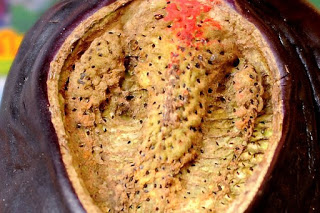

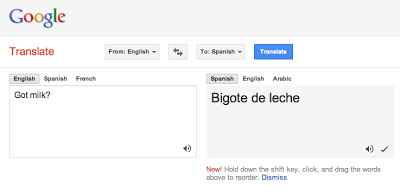

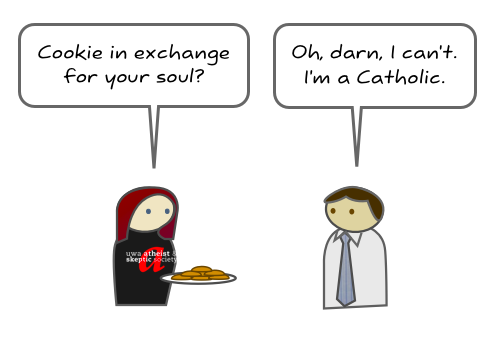

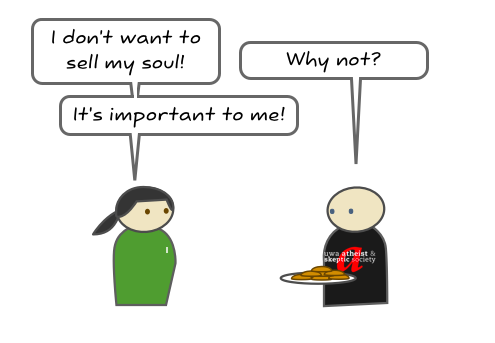
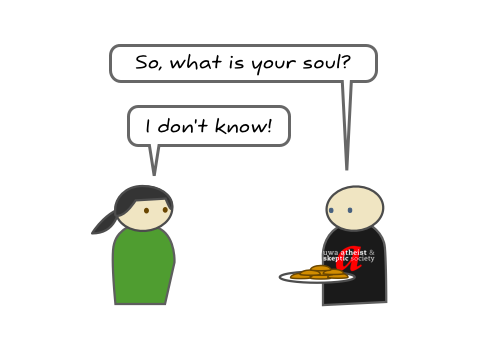
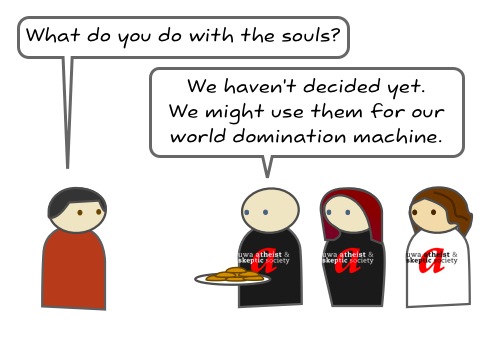
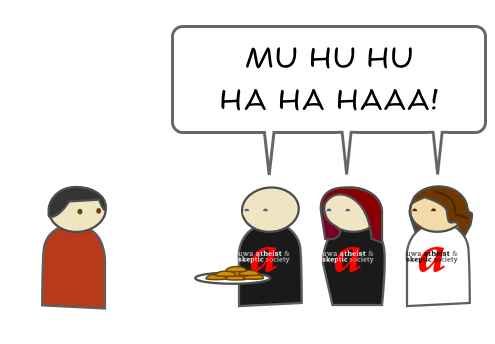
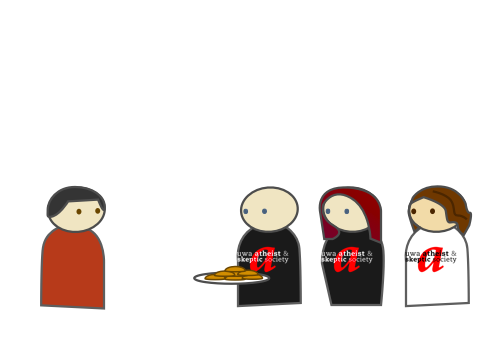
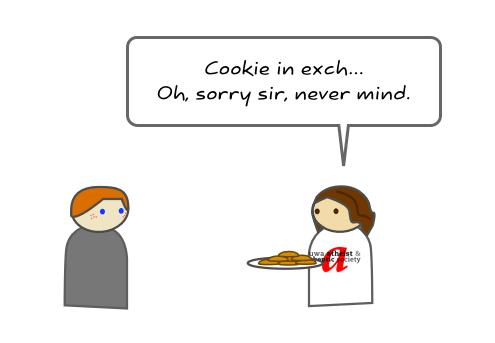

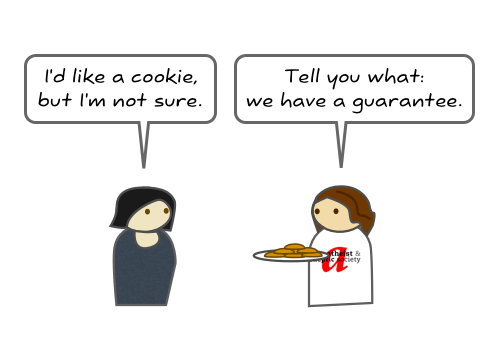
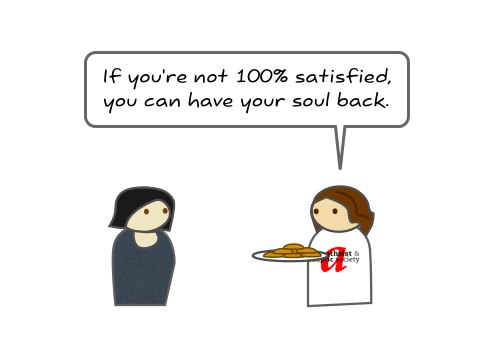
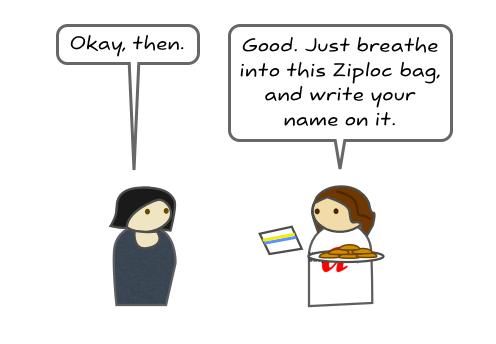
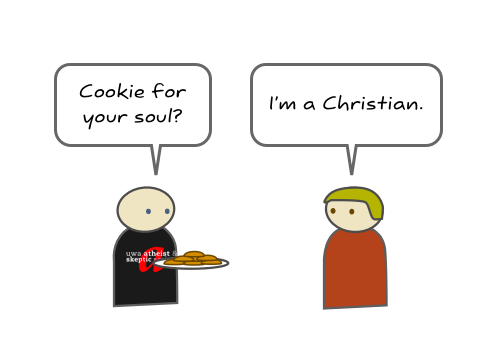

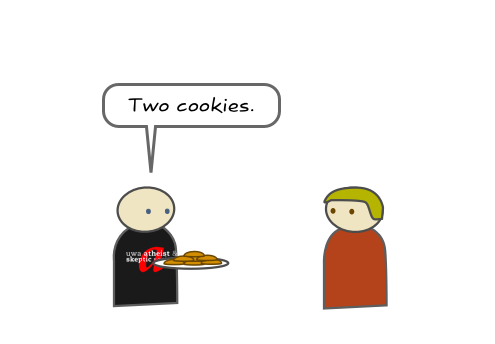
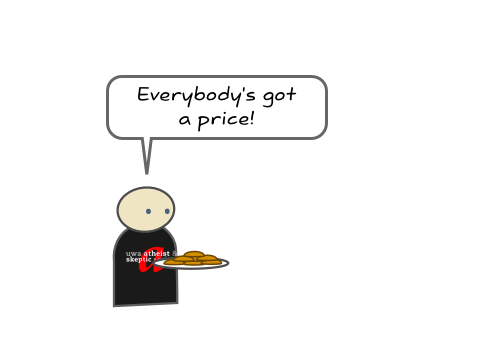


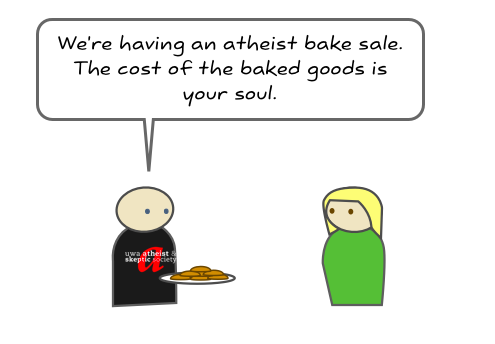
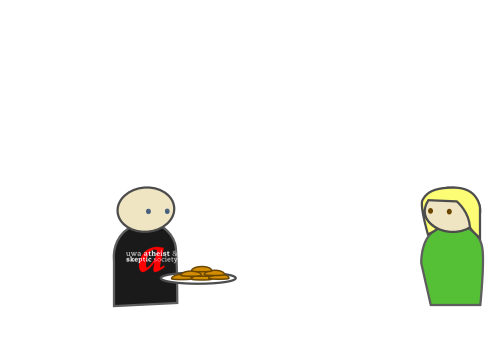
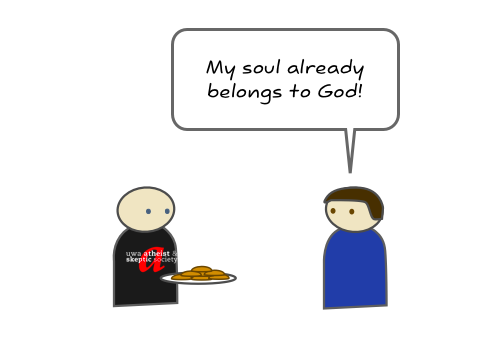
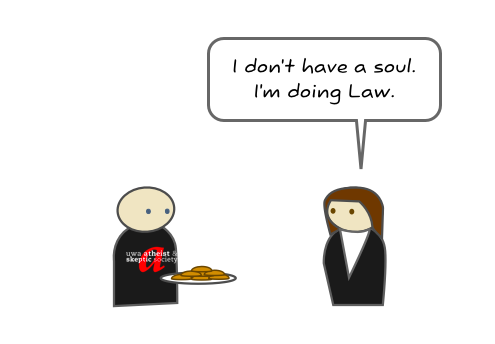
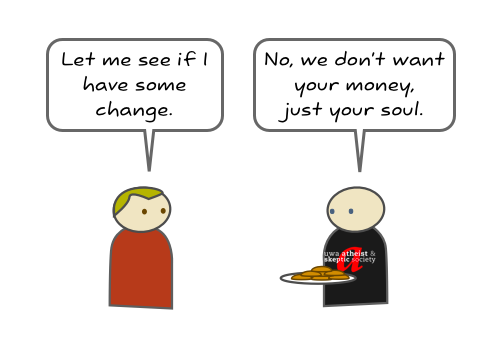

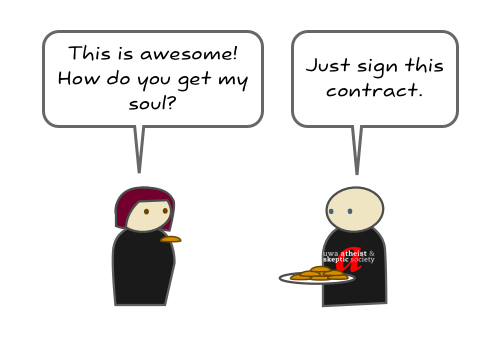

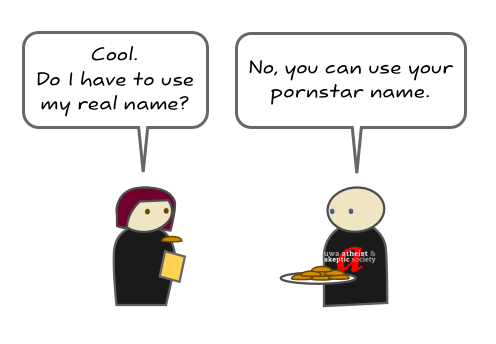
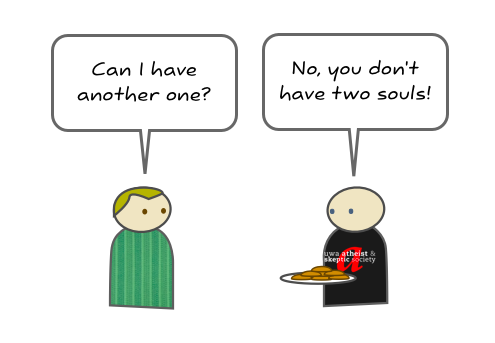

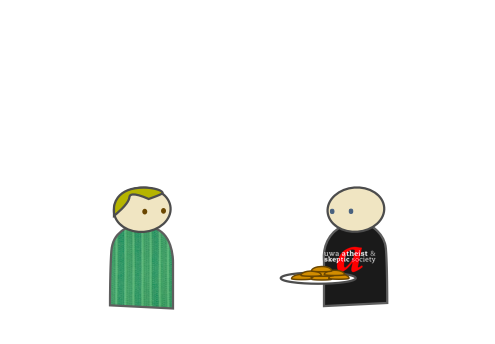
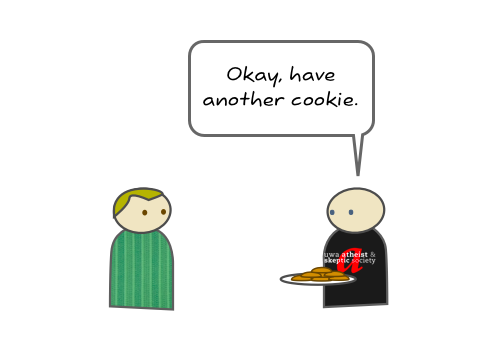
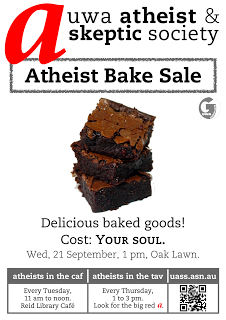

Recent Comments